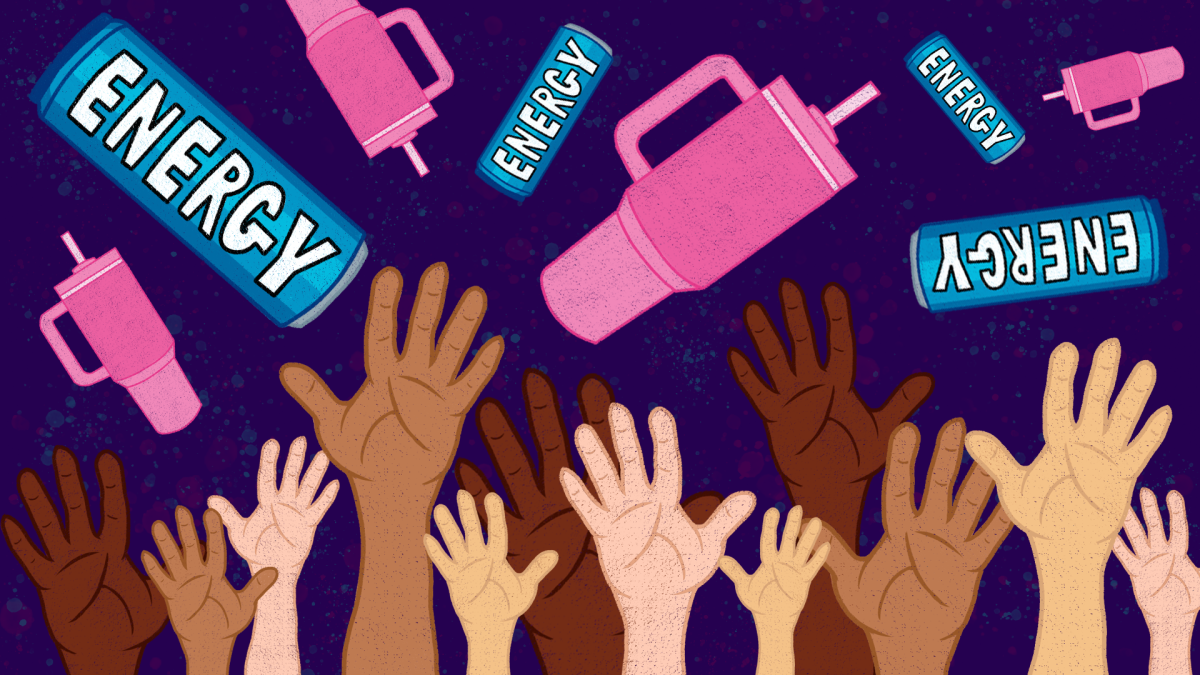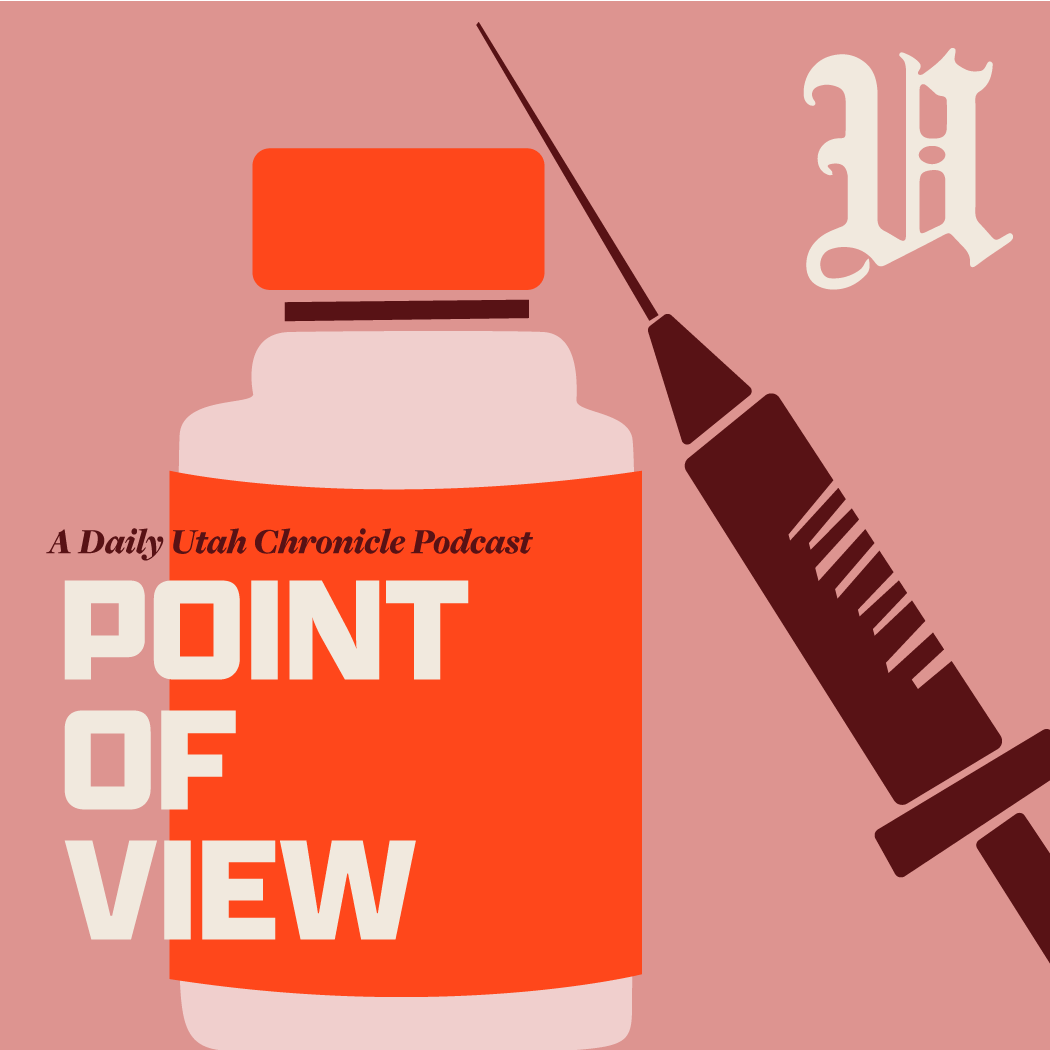Thinking negatively is common. Believe it or not, it may not be our fault that gloomy thoughts fill our minds. In fact, evolution may be to blame.
Rick Hanson, Ph.D., a neuropsychologist and founder of Wellspring Institute for Neuroscience and Contemplative Wisdom, as well as a New York Times best-selling author, has stated that humans are evolutionarily wired with a negative bias.
He says that “consequently, your body generally reacts more intensely to negative stimuli than to equally strong positive ones.” He goes on to say, “the alarm bell of your brain — the amygdala (you’ve got two of these little almond-shaped regions, one on either side of your head) — uses about two-thirds of its neurons to look for bad news: it’s primed to go negative. Once it sounds the alarm, negative events and experiences get quickly stored in memory — in contrast to positive events and experiences, which usually need to be held in awareness for a dozen or more seconds to transfer from short-term memory buffers to long-term storage.”
It seems unfair that, as humans, we cannot help but think negatively. That’s why, in order to balance out our depressing thoughts, positive thoughts hold just as much power.
According to the Mayo Clinic, thinking positively provides many health benefits such as an increased lifespan, lower rates of depression, lower levels of distress, a greater resistance to the common cold, better psychological well-being, better cardiovascular health and better coping skills.
The trick is to be able to switch our minds over to the positive, which, according to Hanson, requires the left hemisphere of the brain that specializes in positive stimuli.
Z. Hereford, author of Essential Life Skills and The Ultimate Guide for Achieving Self-Acceptance, Self-Love and Self-Confidence, provides five ways for individuals to start the road to positive thinking.
Accept that you are here to grow and evolve
We all are growing and learning no matter what age. Mistakes will happen, but life always goes on. Accept that mistakes will occur, and knowledge will be gained because of them.
Learn to turn lemons into lemonade
Trials and difficult circumstances will always occur in life. Learning how to take a sour situation and turn it into something sweet is key. Laugh at yourself. Take a deep breath and smile. Find the silver lining. It’s there, you just have to look for it.
Believe in yourself
You’ve been told this since the day you took your first steps. Henry Ford said, “whether you think you can, or you think you can’t – you’re right.” You are in charge of your future. Believe you can succeed and you will.
Acquire perseverance
Henry Ford also said, “When you possess a positive thinking mindset, you never give up.” There will always be roadblocks throughout life. Don’t let them stop you. Find ways around them, under them and, if need be, learn to fly above them.
Look for inspiration and support
Family, friends, teachers and neighbors in your life want to see you succeed. Surround yourself with people who will encourage you to be the best you possibly can be. They will fill your mind with positive thoughts and encouraging words to carry you through the rough roads of life.
Works Cited:
Thinking Positively: Why You Need to Wire Your Brain to Think Positive
https://www.attn.com/stories/2587/what-negative-thinking-does-your-brain
https://www.mayoclinic.org/healthy-lifestyle/stress-management/in-depth/positive-thinking/art-20043950
https://www.essentiallifeskills.net/thinkpositively.html


















Katie • Apr 25, 2018 at 12:44 pm
Madre mía! Muchas gracías por tus comentarios acerca de la positividad. Es cierto que la mayoria de las veces pensamos negativamente. No obstante, estoy a favor del desarrollo de la mente más positiva. En esta manera, podemos disfrutar más las buenas cosas de la vida. Me encanta la vida!